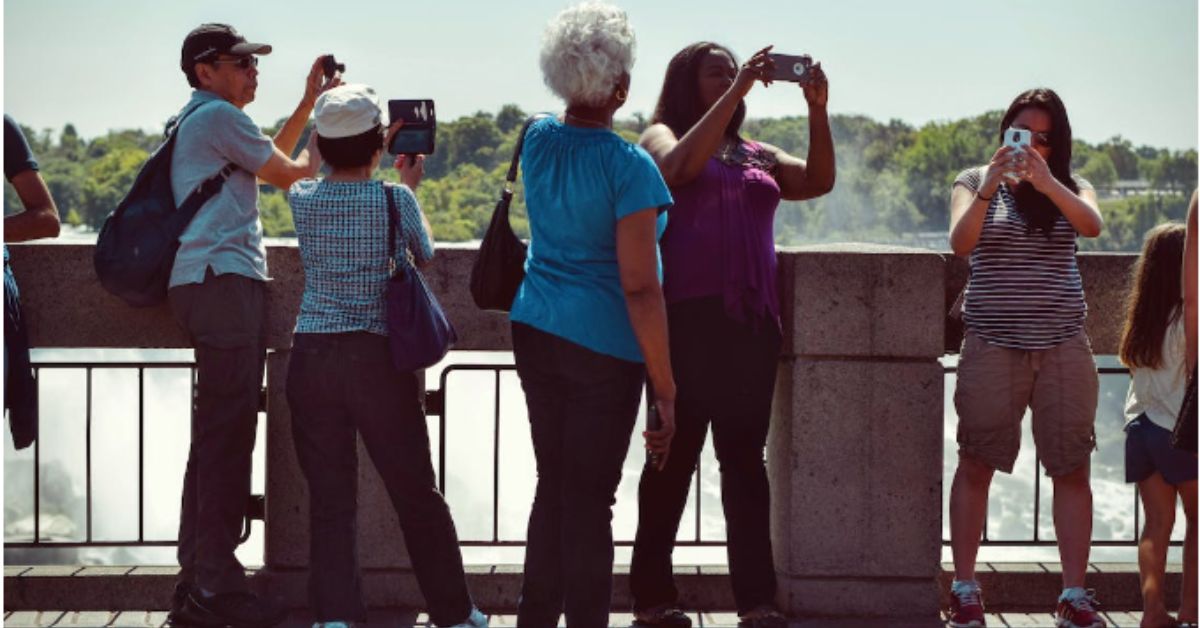Nigeria’s capital city, Abuja, is a bustling and culturally diverse tourism attraction that draws visitors from all over the world.
Abuja offers a distinctive and unforgettable experience, from its gorgeous architecture to its varied food and hopping markets.
Tourists should put safety first during their stay, as they would in any other city.
We’ll look at important advice and details in this guide to help you stay safe while visiting Abuja.
Understanding Abuja’s Safety Landscape
It’s important to have a fundamental grasp of Abuja’s safety landscape before we go into safety advice.
Like many cities, Abuja has tourist-friendly parts and others that could call for extra caution. Here are some crucial details:
- Security Personnel:
As the nation’s capital, Abuja has a sizable security presence.
The city is frequently patrolled by police officers and other security workers, which increases security in general.
- Crime rates:
Despite being considered safer than some other Nigerian towns, pickpocketing and other small crimes can still happen, especially in crowded places or markets.
- Traffic Safety:
Be cautious when crossing roads in Abuja because of the chaotic nature of the city’s traffic.
When possible, utilize marked pedestrian crossings.
- Health Precautions:
It is advised for travelers to Nigeria to consider getting vaccinations for diseases like yellow fever in addition to making sure they are current on routine shots.
Let’s look at some particular safety advice now that we have a general understanding of the safety landscape:
Safety Advice for Visitors to Abuja
- Make Smart Accommodation Selections:
When choosing a location to stay, pick trustworthy hotels or lodgings that have received positive evaluations.
There are frequent security precautions in place at these places.
- Keep Priceless Items Safe:
Keep your valuables, such as passports, wallets, and electronics, secure because petty theft can happen.
Use a secret pouch or money belt, if possible.
- Stay Informed:
Keep yourself informed about Abuja’s current security condition.
Checking local news sources and official travel advisories can help you with this.
- Local Dress Code:
Dressing modestly is encouraged, especially while visiting religious or rural regions because Nigeria has a conservative dress code.
- Make Use of Dependable Transportation:
Use trustworthy transportation choices, such as licensed taxis or ride-sharing apps.
Don’t take rides from strangers.
- Negotiating in Markets:
In Nigerian markets, haggling is commonplace, but it should be done politely.
Keeping a modest amount of cash apart from your primary wallet for these purchases is also a smart idea.
- Steer clear of public protests:
Avoid these localities if there are protests or public demonstrations since they occasionally become tense.
- Keep Hydrated:
Drink lots of water to stay hydrated because Nigeria’s weather can be very hot.
To shield yourself from the sun, it’s also a good idea to use sunscreen and wear a hat.
- Emergency Contacts:
Save crucial phone numbers like the embassy of your nation, the police, and your lodging in your phone.
- Respect Local Customs:
To demonstrate respect for the culture and its people, become familiar with the regional customs and traditions.
Emergency Management in Abuja
Being ready for emergencies is essential no matter where you go on vacation.
Although Abuja is a generally safe city, being prepared for different scenarios might give you peace of mind while you’re there.
Medical Emergencies:
What you should do in case of a medical emergency is as follows:
- Know the Location of Medical Facilities:
Prior to your travel, locate the hospitals and clinics that are closest to your lodging.
The National Hospital, Abuja Clinics, and Maitama District Hospital are a few renowned medical facilities in Abuja.
- Emergency Numbers:
Call 112 or 767 in case of emergency if you need immediate medical attention.
You can access medical care by dialing these numbers.
- Travel Insurance:
Make sure you have comprehensive travel insurance that covers unexpected medical costs.
Keep a copy of your insurance information and policy close to hand.
Personal Security and Safety:
If you ever find yourself in a situation involving security:
- Report to Authorities:
Call the local police at 112 or the closest police station right away if you have any security concerns.
The police are readily apparent in Abuja, and they typically cater to visitors’ demands.
- Emergency Contacts:
In case your phone loses power or breaks, save crucial phone numbers, such as the number for your nation’s embassy or consulate in Abuja, written down.
- Register with Your Embassy:
Upon arriving, you might want to consider registering with your embassy or consulate.
Online registration makes it possible for your home nation to find you in an emergency.
Natural Disasters:
While hurricanes and earthquakes are not common in Abuja, it is nevertheless important to be ready for inclement weather:
- Weather updates:
Pay attention to weather forecasts, especially from April to October when it tends to rain.
Heavy rains might lead to flash floods.
- Emergency Supplies:
Carry a modest kit of emergency supplies, including nonperishable food, water, a flashlight, and a portable phone charger.
Lost Documents:
Important document loss can be upsetting. What you should do is:
- Report to Authorities:
Contact the nearest police station to report the loss of your passport or any other important documents.
You will receive a formal report from them.
- Contact Your Embassy:
Tell your embassy or consulate what is happening.
They can advise you on how to proceed while applying for a new passport or other travel documents.
- Make Copies:
Make photocopies or digital scans of crucial documents, such as your passport, visa, and travel insurance, before your trip.
Keep them away from the originals when storing.
Conclusion
The discerning traveler will find much to enjoy in Abuja, a city of contrasts where tradition and modernity coexist.
You may have a safe and satisfying vacation in this fascinating city by heeding this safety advice and being mindful of your surroundings.
Though safety precautions are crucial, you shouldn’t let them stop you from exploring and taking in Abuja’s distinct charm.
Enjoy your journey and get to know the capital of Nigeria’s rich culture and welcoming people!





